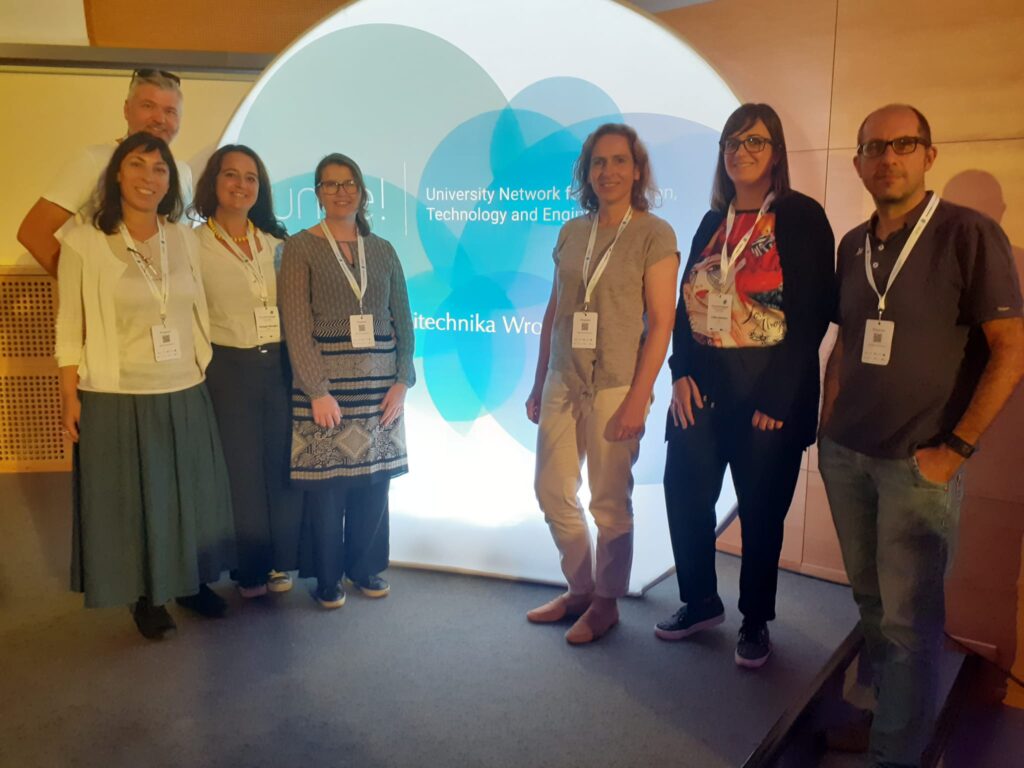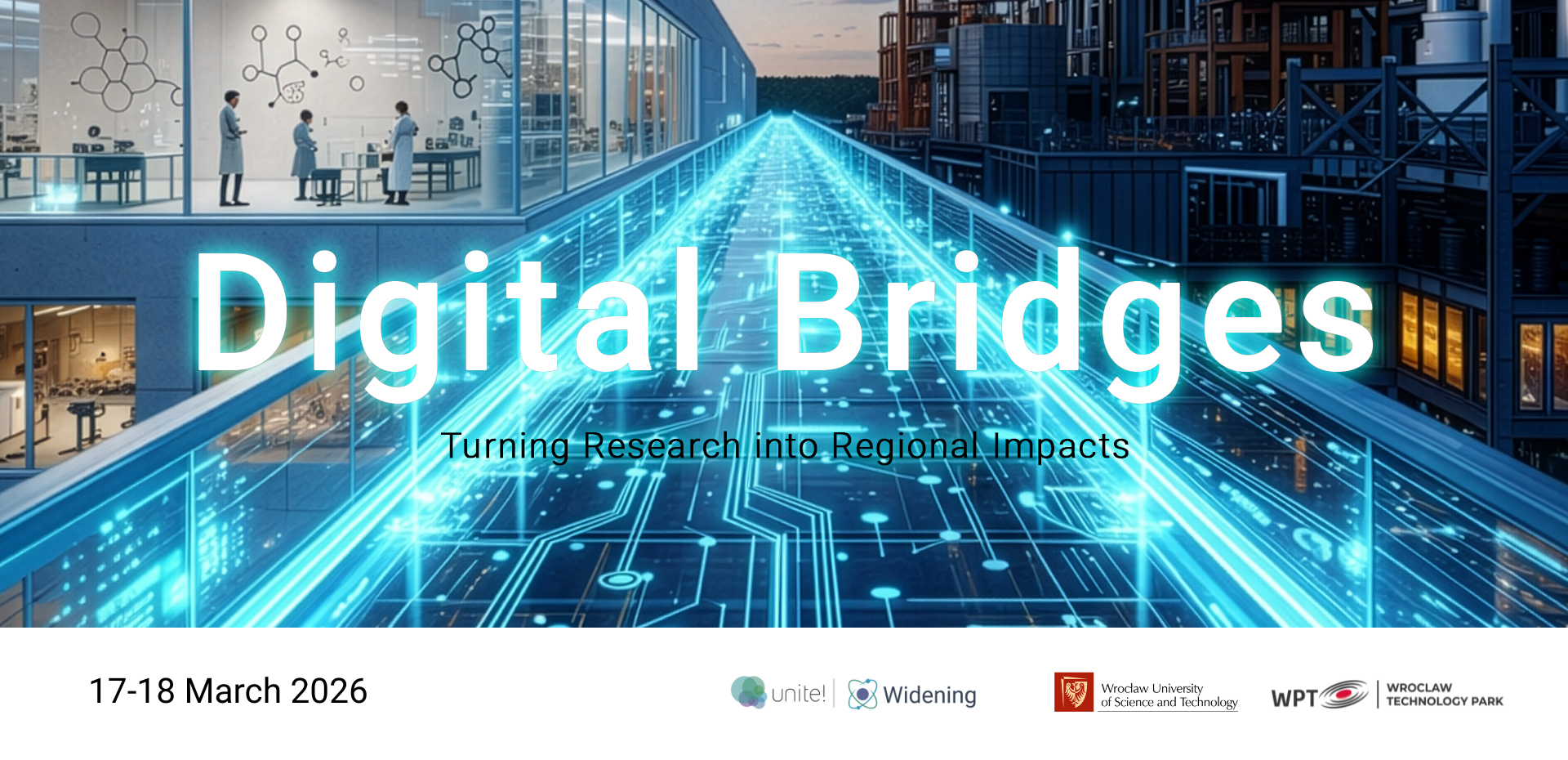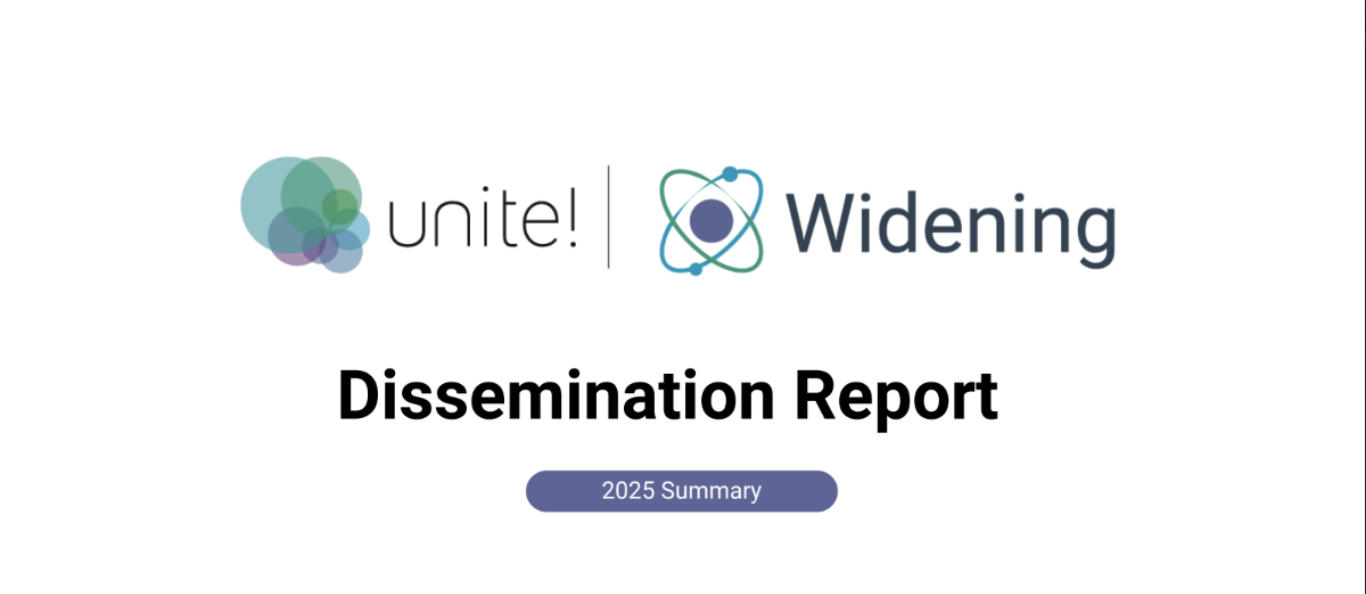IRIS marks the beginning of a new phase in the cooperation among European universities, where strategic support becomes a driver of innovation and transformation within the academic ecosystem.
Institutional transformation in European universities is no longer just an aspiration: with IRIS (Integrated Research and Innovation Services), the Unite! Alliance has taken a concrete step towards a new, structured form of collaboration. Unite! (University Network for Innovation, Technology and Engineering) is a network that brings together nine European universities with the aim of strengthening cooperation in research and innovation, making the European university system more competitive and sustainable.
IRIS origins
IRIS is the first joint research support network established within the Alliance. It is a strategic network designed to foster collaboration among researchers and to enhance the role of research support staff, such as research managers, professionals who are still relatively unknown but are playing an increasingly central role in academic innovation processes.
During the project’s pilot phase, between 2022 and the end of 2023, an inter-university network of staff specialising in research support was established. “It wasn’t about creating an additional layer of bureaucracy, but rather about streamlining and enhancing existing services within universities, sharing best practices and building common tools across universities”, explained Valentina Romano, Research Manager and Head of Collaborative and Multi-disciplinary Research Planning Division (RIMIN) at Politecnico di Torino. Specifically, three main areas of intervention were identified. Firstly, for the governance of the Alliance, strategic support was provided to guide political and scientific decision-making within universities, helping them align with European and national priorities and take part more effectively in calls for joint project proposals. Secondly, there was a clear need to facilitate collaboration among researchers from the partner universities. IRIS addressed this by providing tools to support direct communication between colleagues, including digital platforms (Agora), matchmaking events and a shared catalogue of training opportunities available within the Alliance. Finally, the third focus area was the community of research support professionals, namely, research managers. For them, IRIS helped define the necessary skill sets for the role and promoted opportunities for peer exchange and professional development. Each university appointed a dedicated Research and Innovation liaison, tasked with providing strategic advice and support to researchers. IRIS also took part in numerous events across Europe to share this model as a best practice at the European level.
Interconnections with Unite!Widening and other projects
The IRIS network did not end with the conclusion of the project. It has continued contributing to shared objectives through the funding of Unite!Widening, a project aimed at reducing the gaps in Europe by supporting the so-called Widening Countries (European countries receiving EU support to enhance their research competitiveness), by offering training and tools to boost both competitiveness and integration into the European research landscape. In this context, IRIS extended its activities to two new Unite!Widening partners (Wrocław University of Science and Technology and Graz University of Technology). This was followed by an in-depth analysis with a focus on the Widening universities, particularly Wrocław University of Science and Technology and the Universidade de Lisboa, to identify the needs of research managers, based on the findings and specific input from the two institutions. The outcome of the analysis will serve as the basis for shaping the project’s future actions.
The impact of IRIS is already visible, from the increased funding secured by the Alliance to the launch of new European projects (including Unite!Widening and aUPaEU), as well as stronger collaboration among researchers and external partners. One of its core objectives is the promotion of policies recognising the research manager as a distinct professional role. While there is currently no formal university pathway for this profession, IRIS has demonstrated its strategic importance and potential as a career opportunity, even for researchers who choose to pursue an alternative professional track. In fact, some of the activities led by IRIS under Unite!Widening include training delivered by experienced staff to researchers, international Staff Weeks for knowledge exchange (with the next one to be held at Politecnico di Torino), and matchmaking events to encourage new scientific collaborations. Work also covers key areas for the future of research, such as Open Science, shared infrastructures, partnerships with industry, and public engagement.
IRIS stands as a concrete example of how a system of strategic support can become a catalyst for change across the European university ecosystem, helping to redefine the role of universities in society and the future of research.


